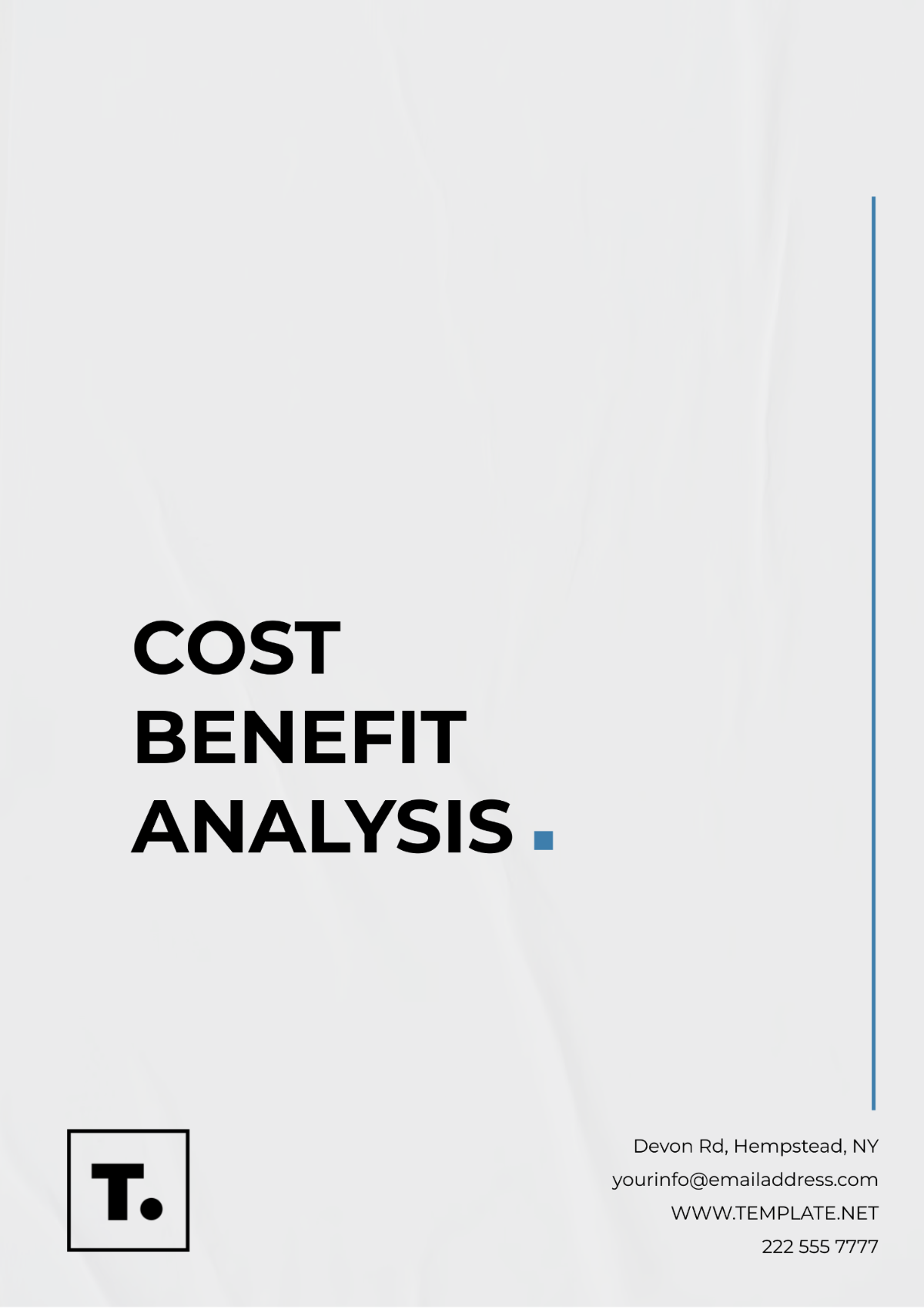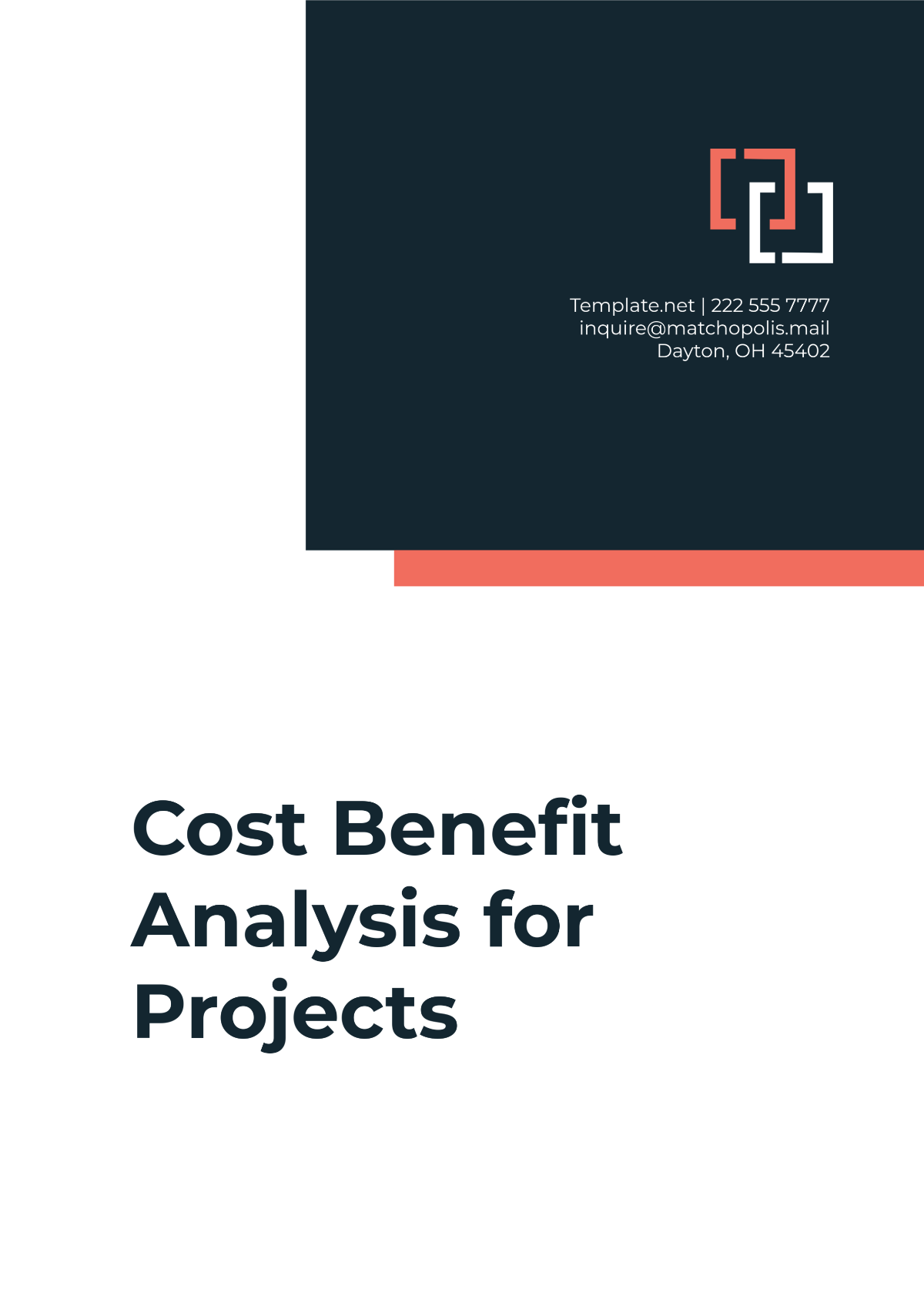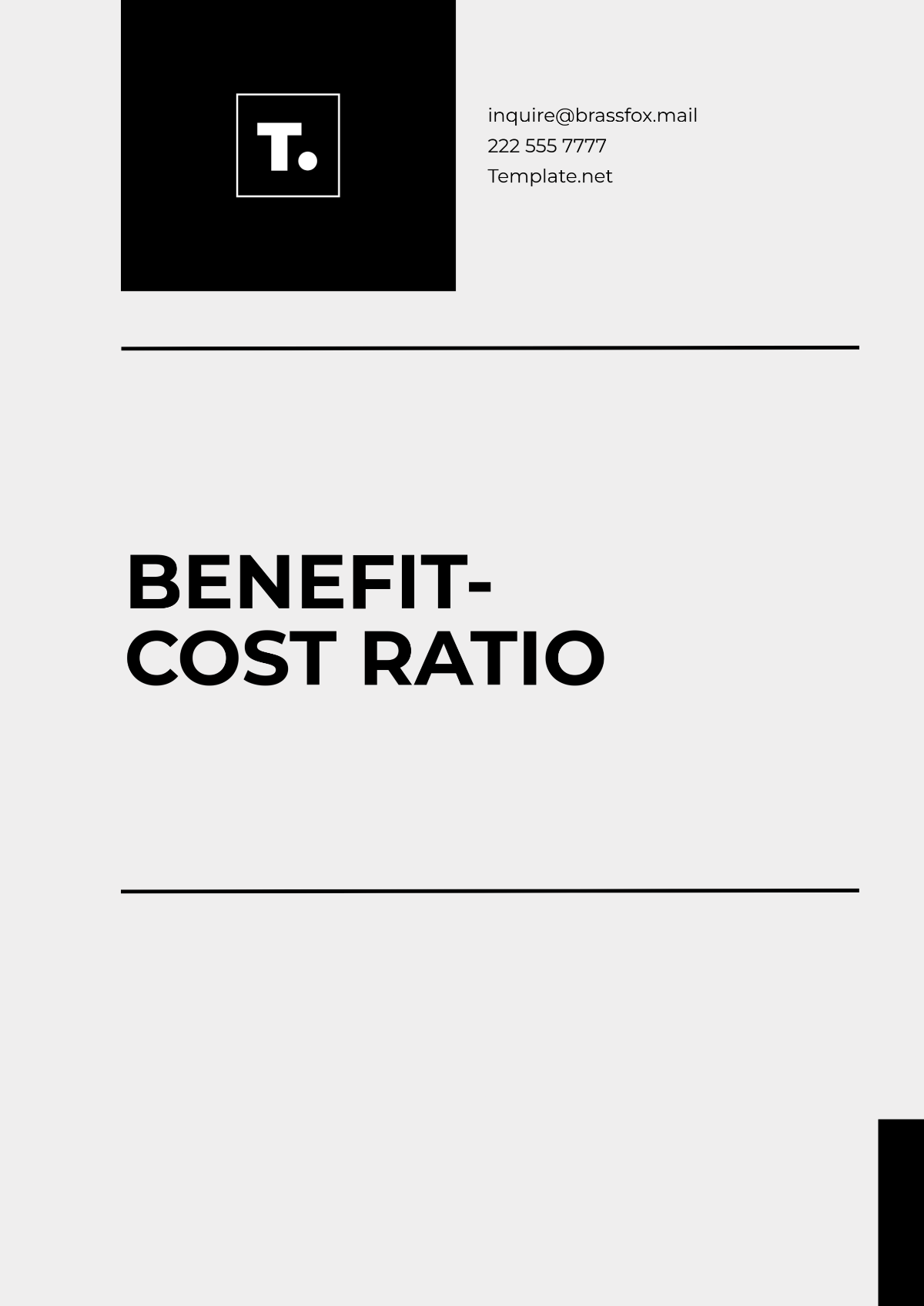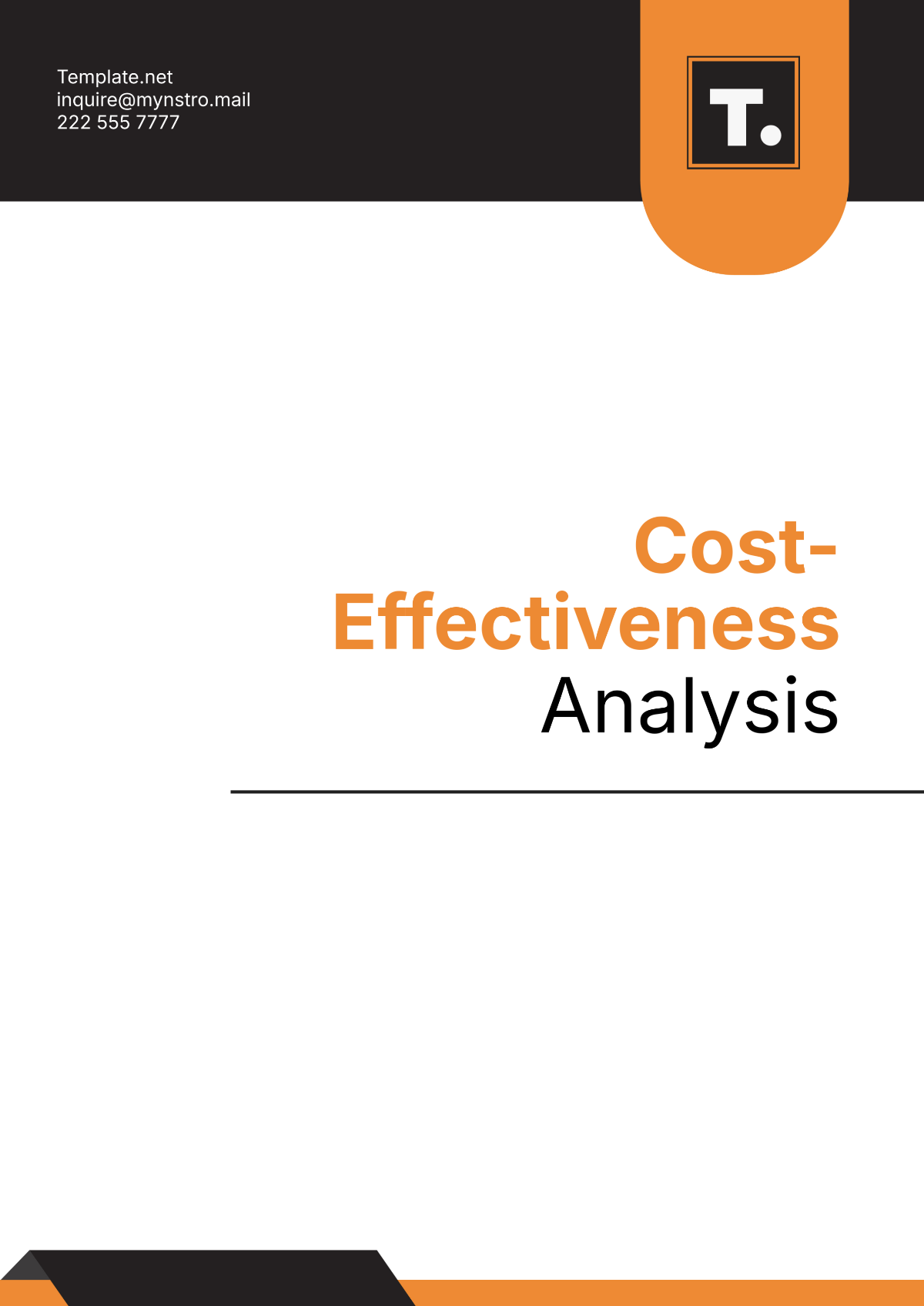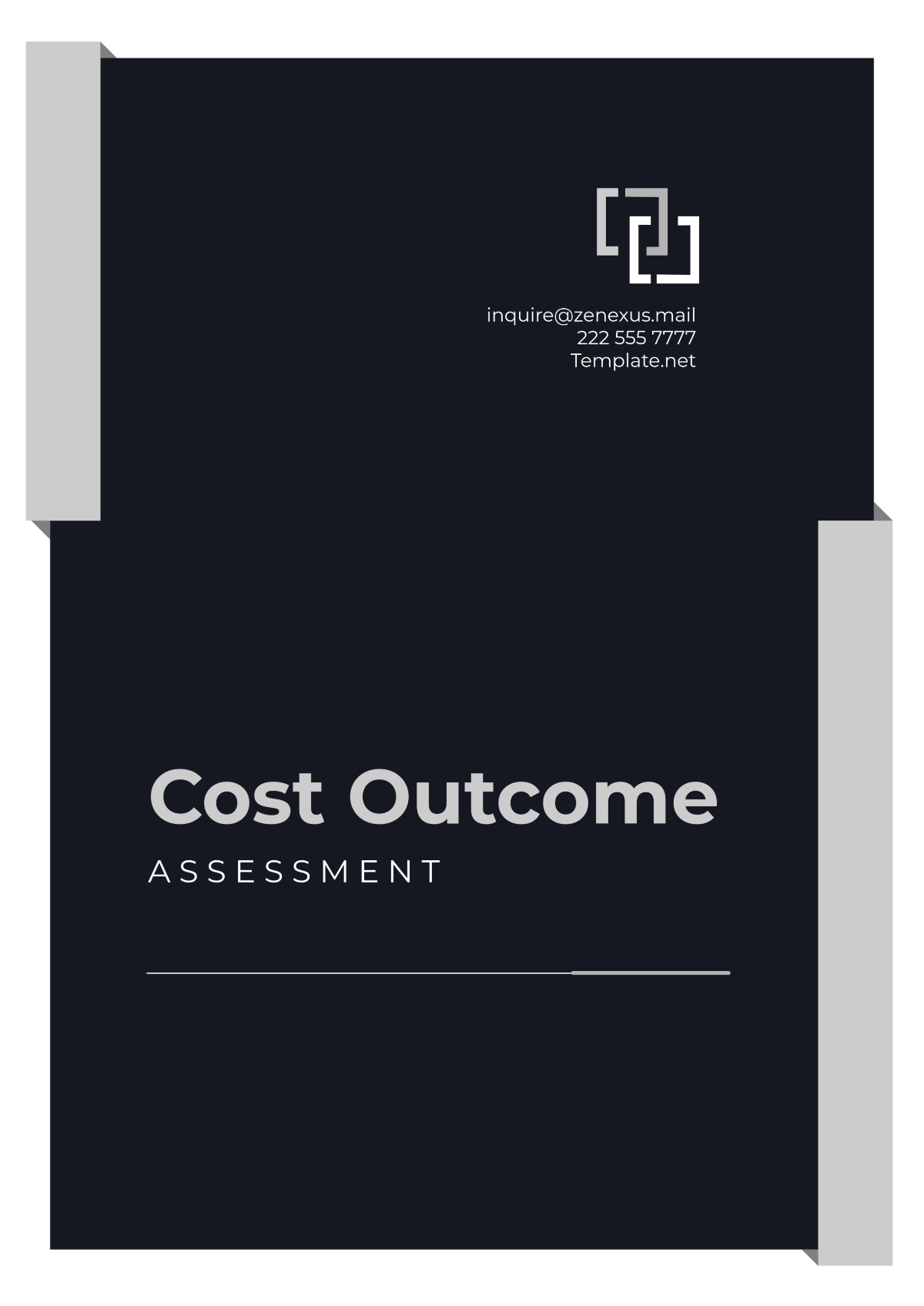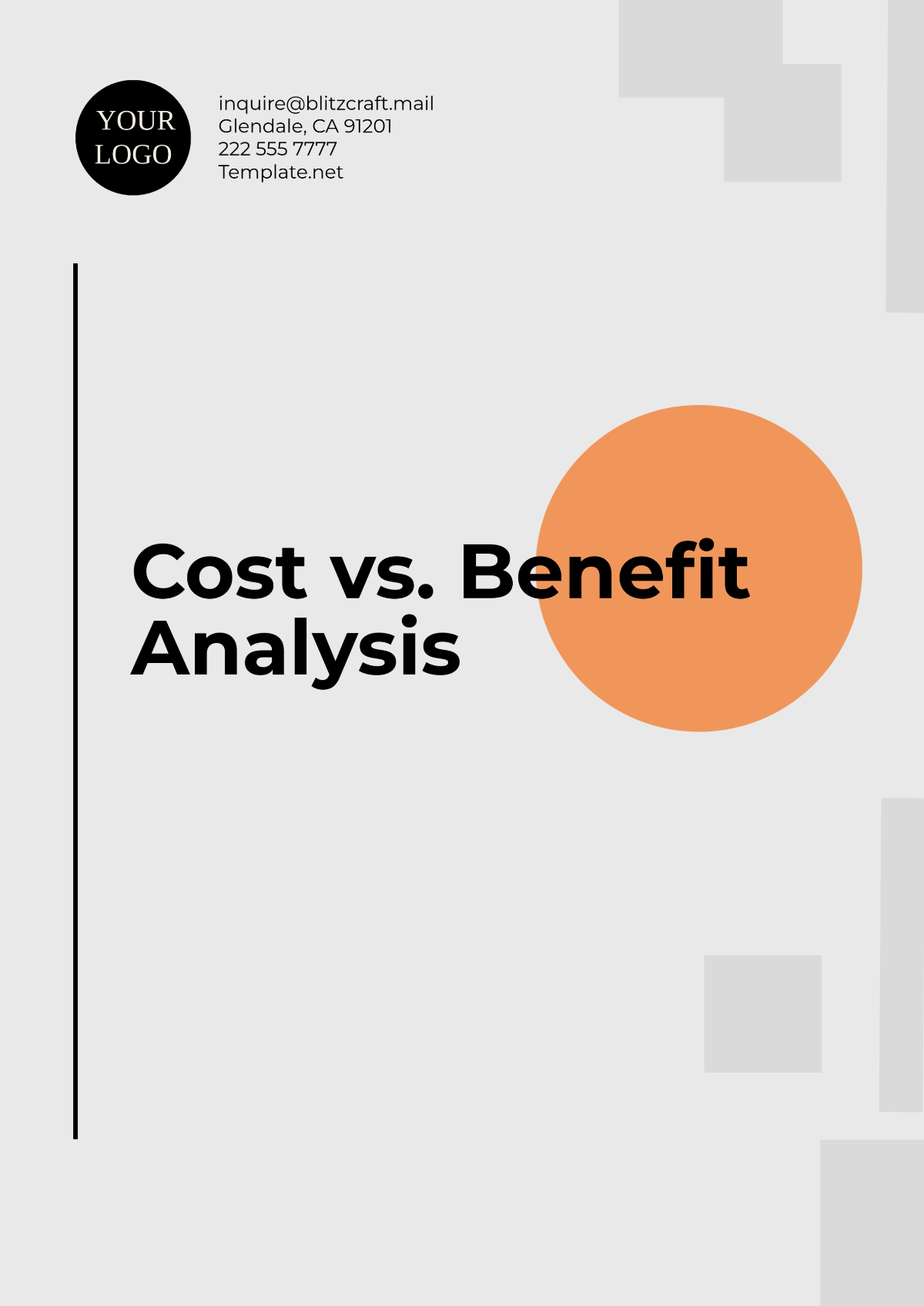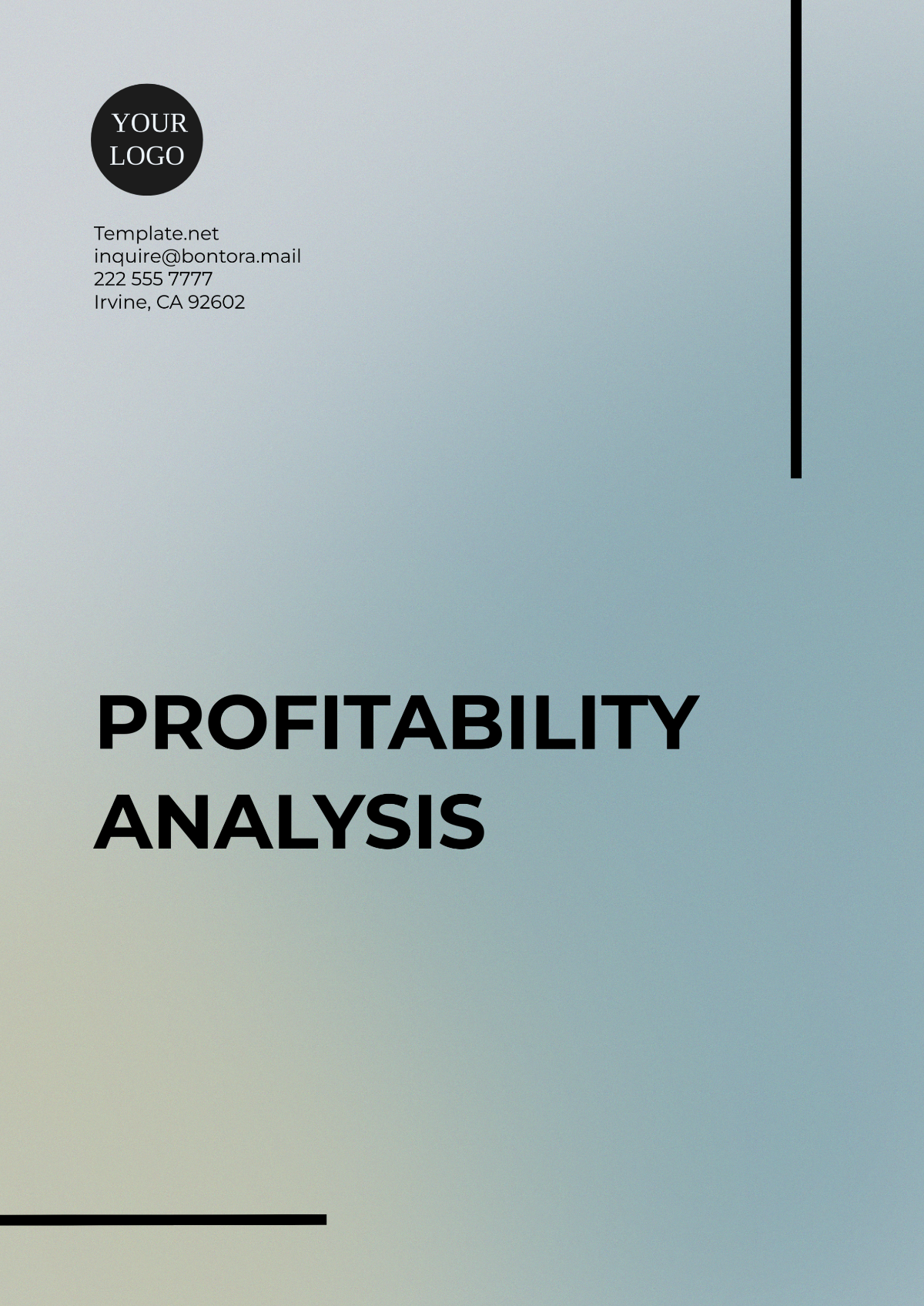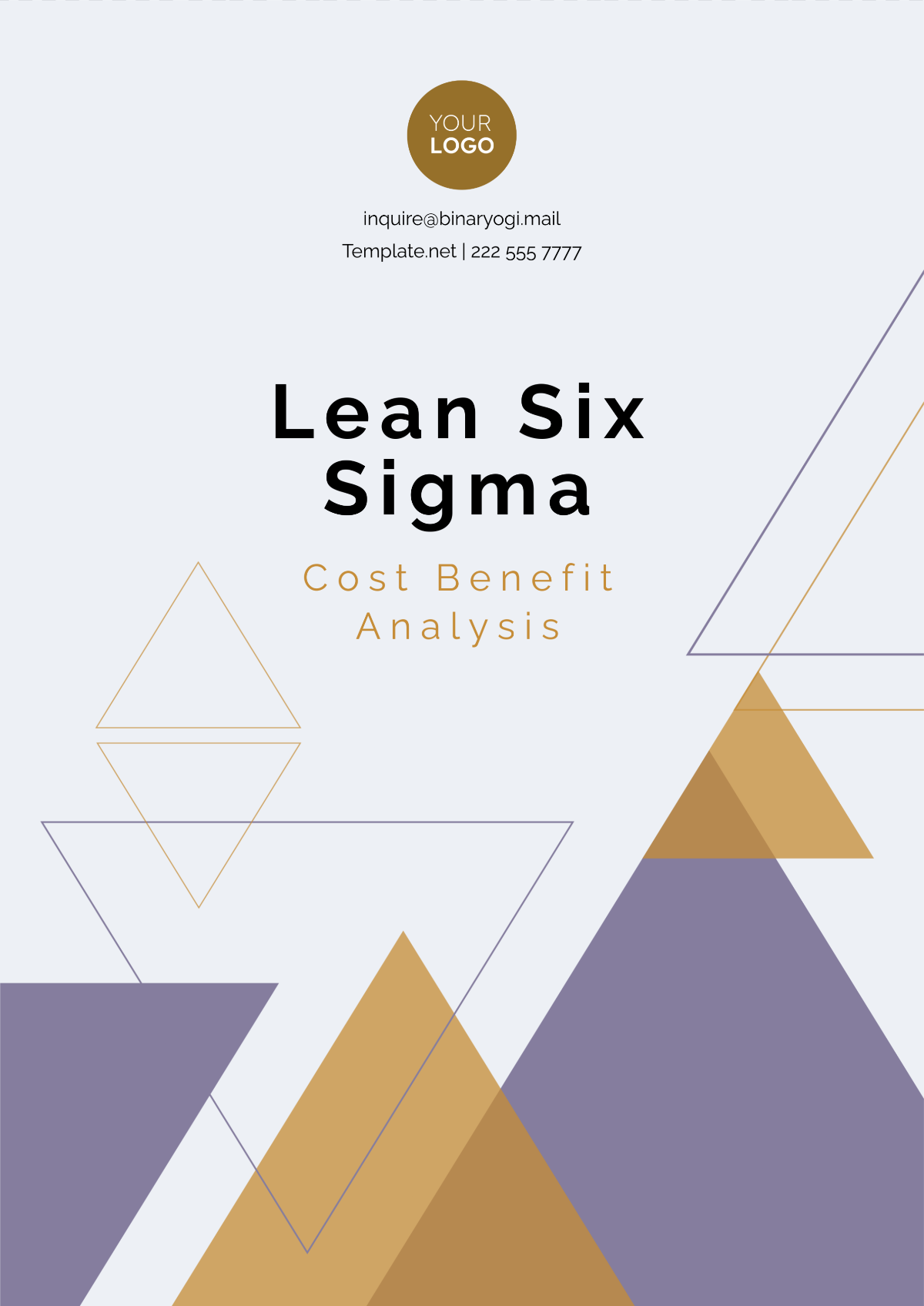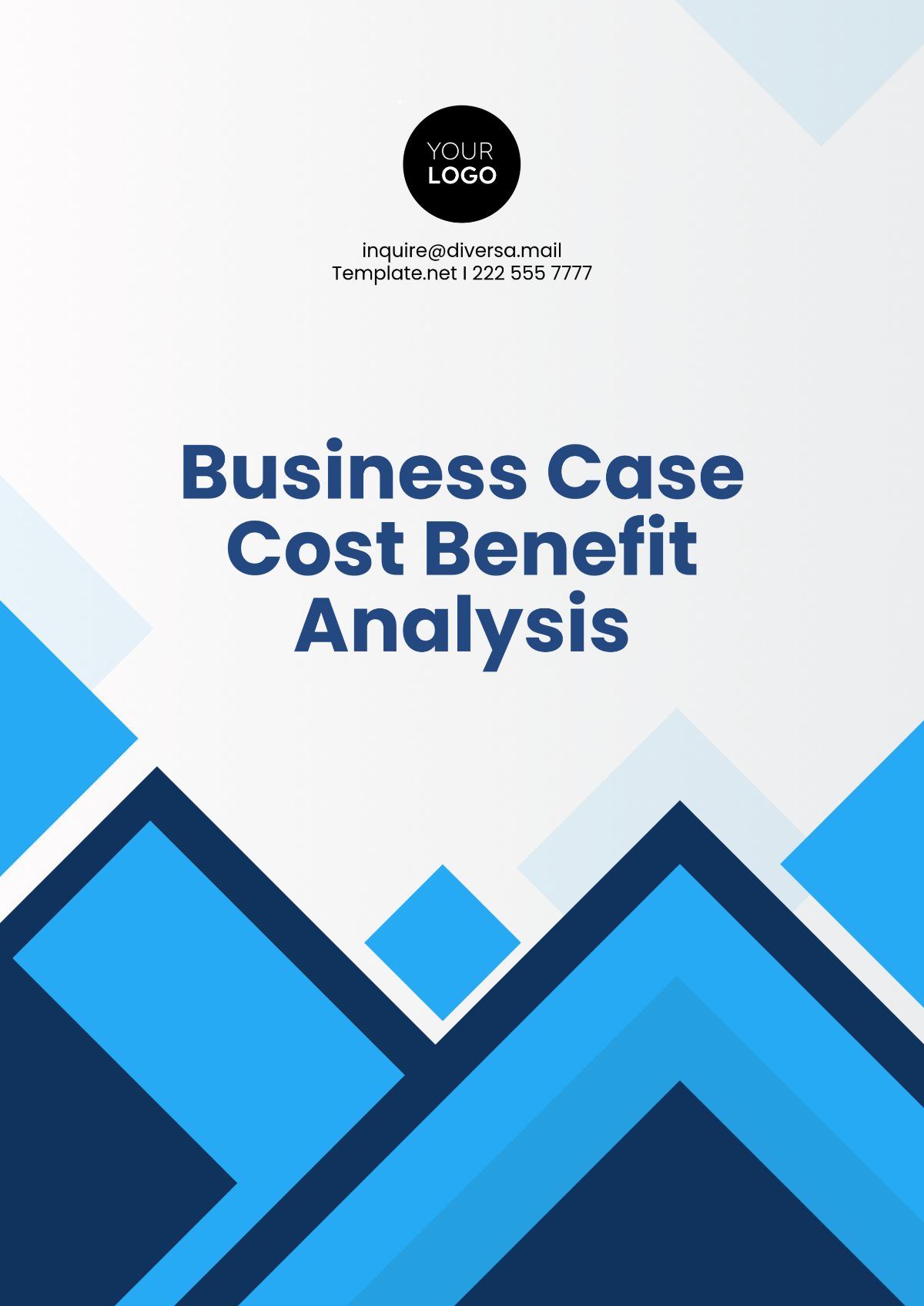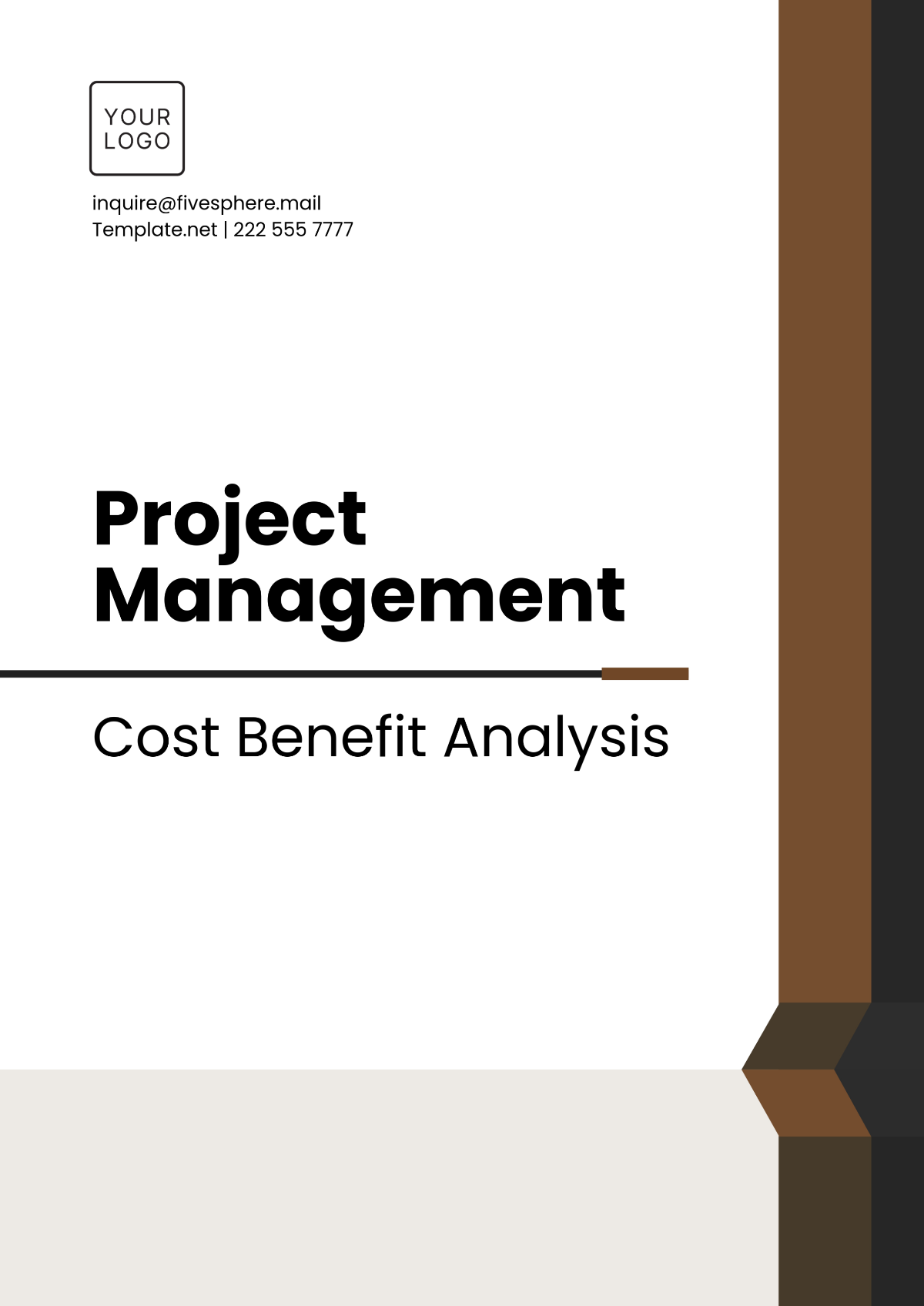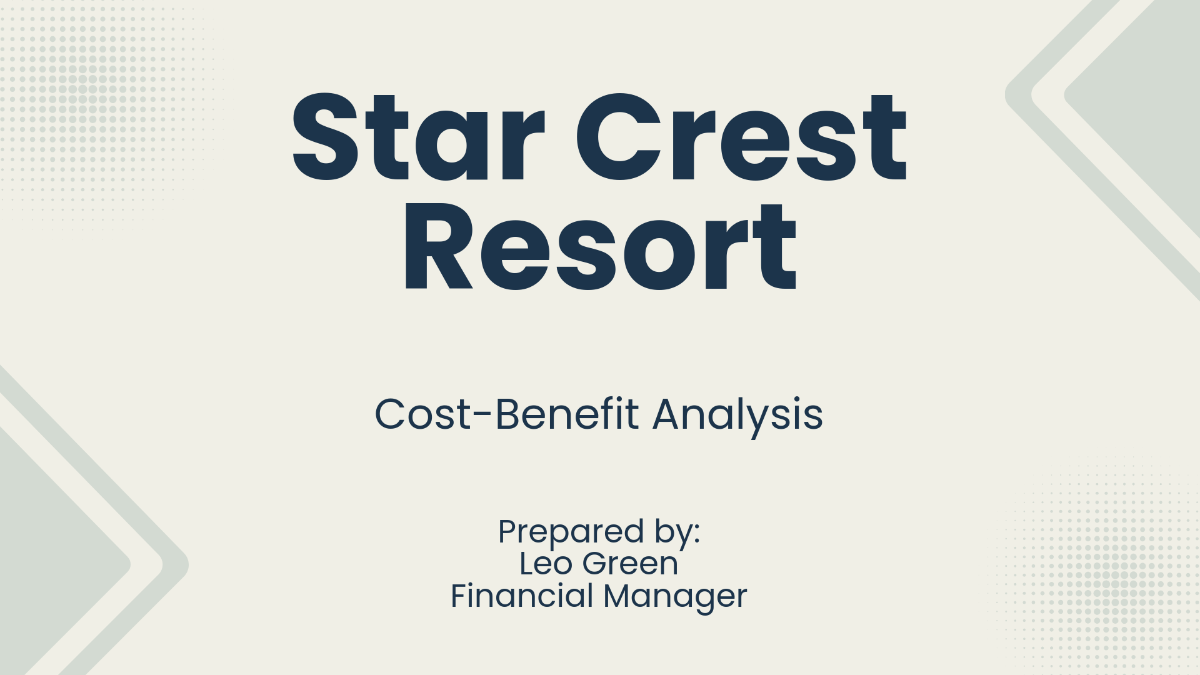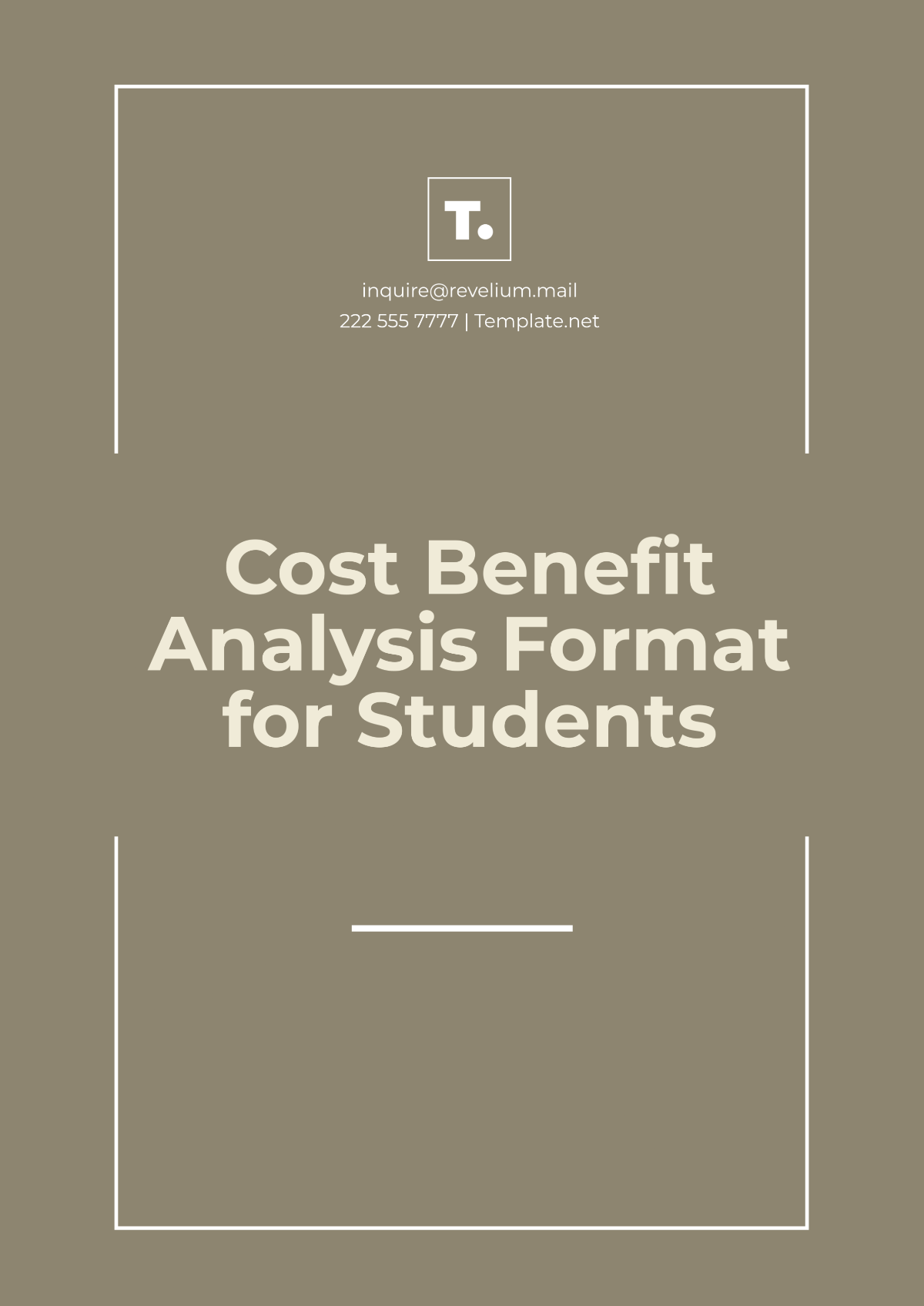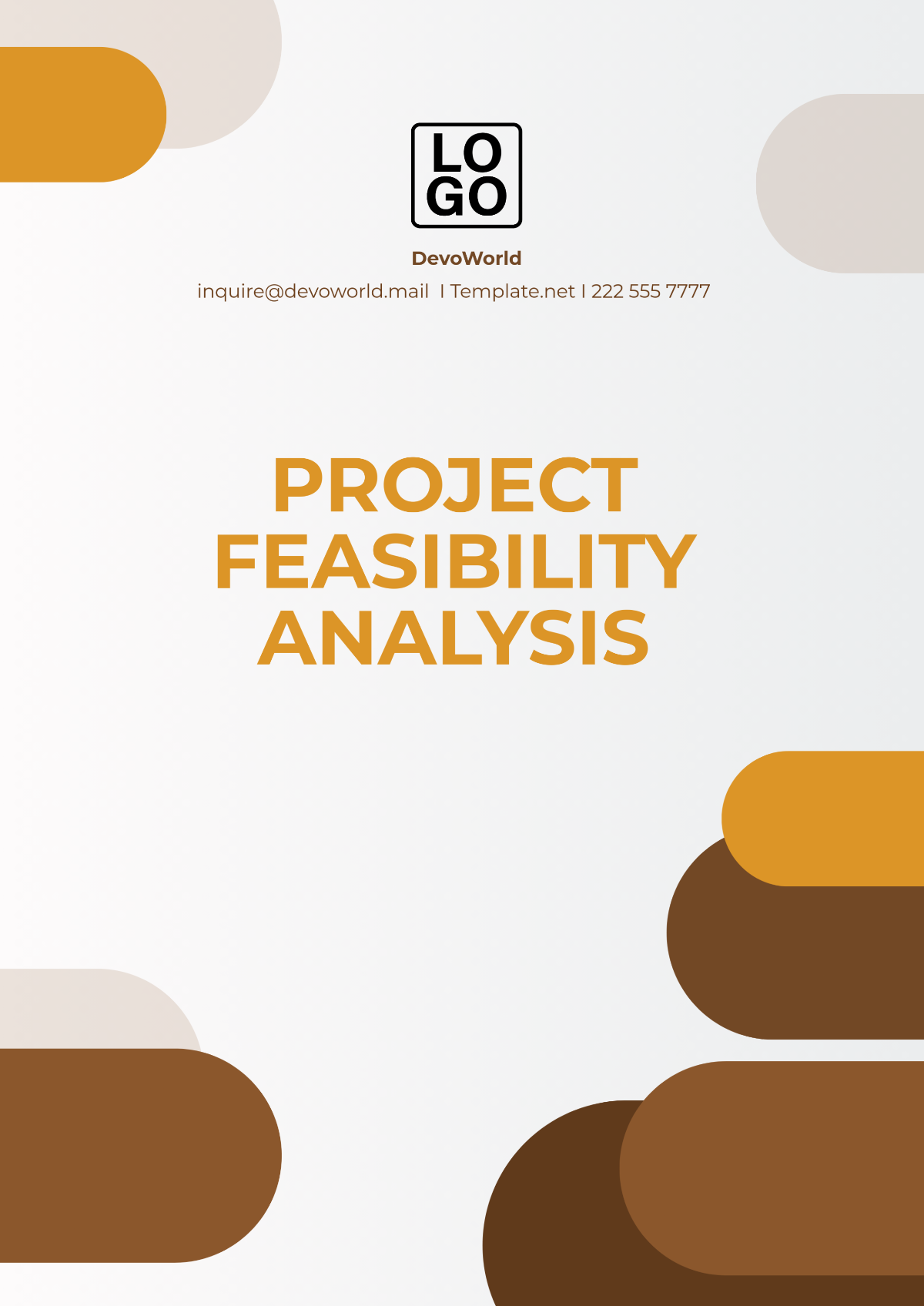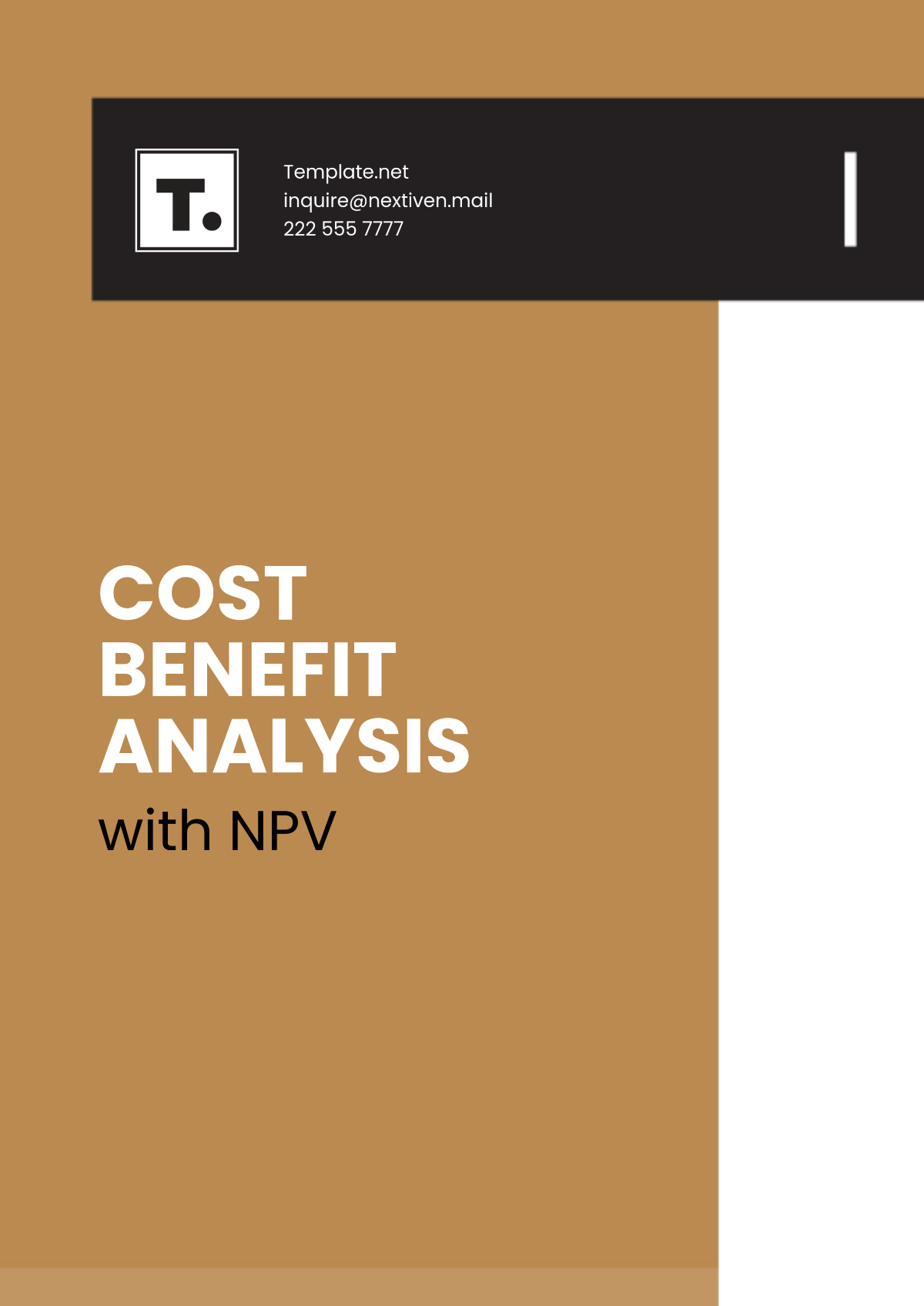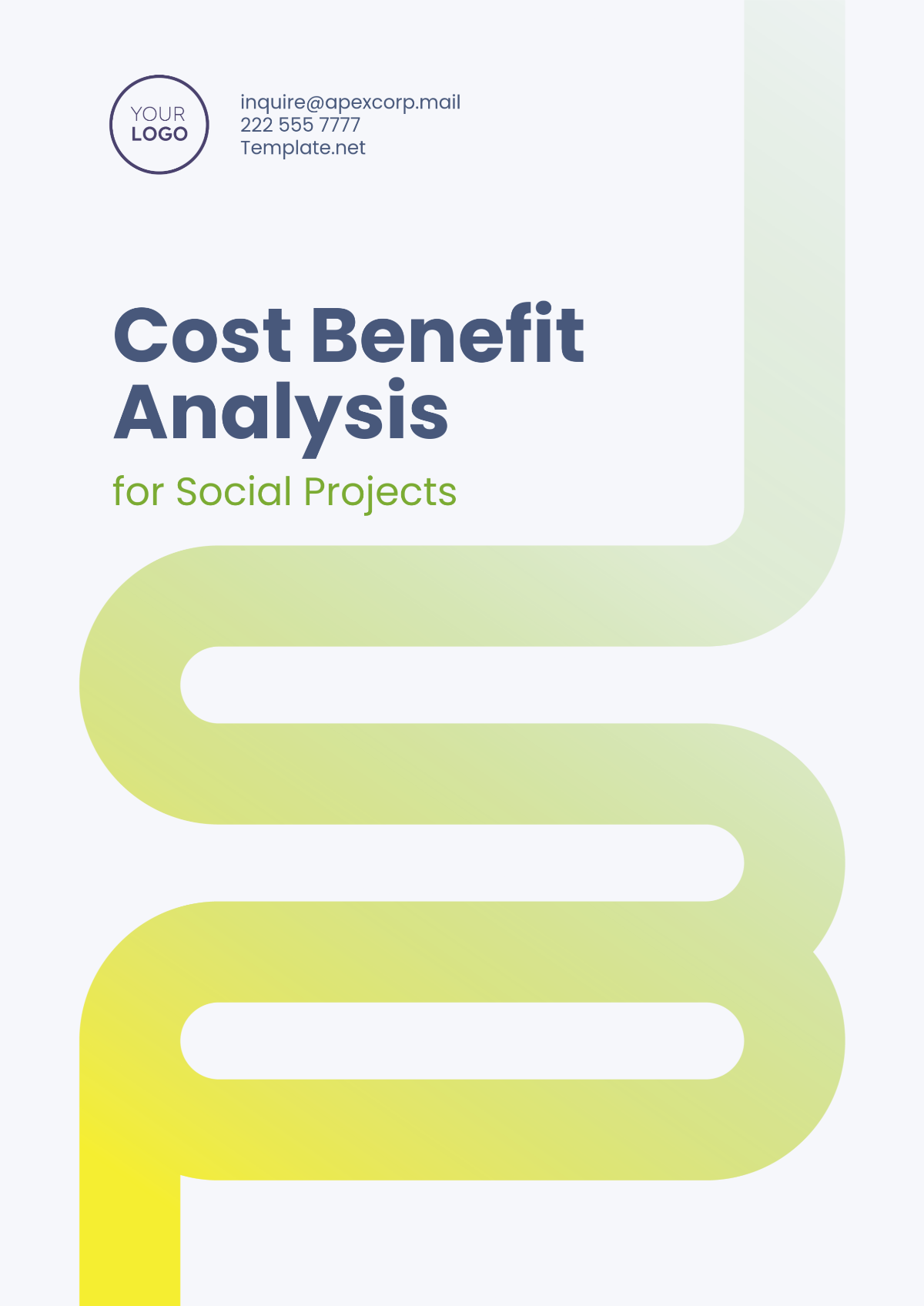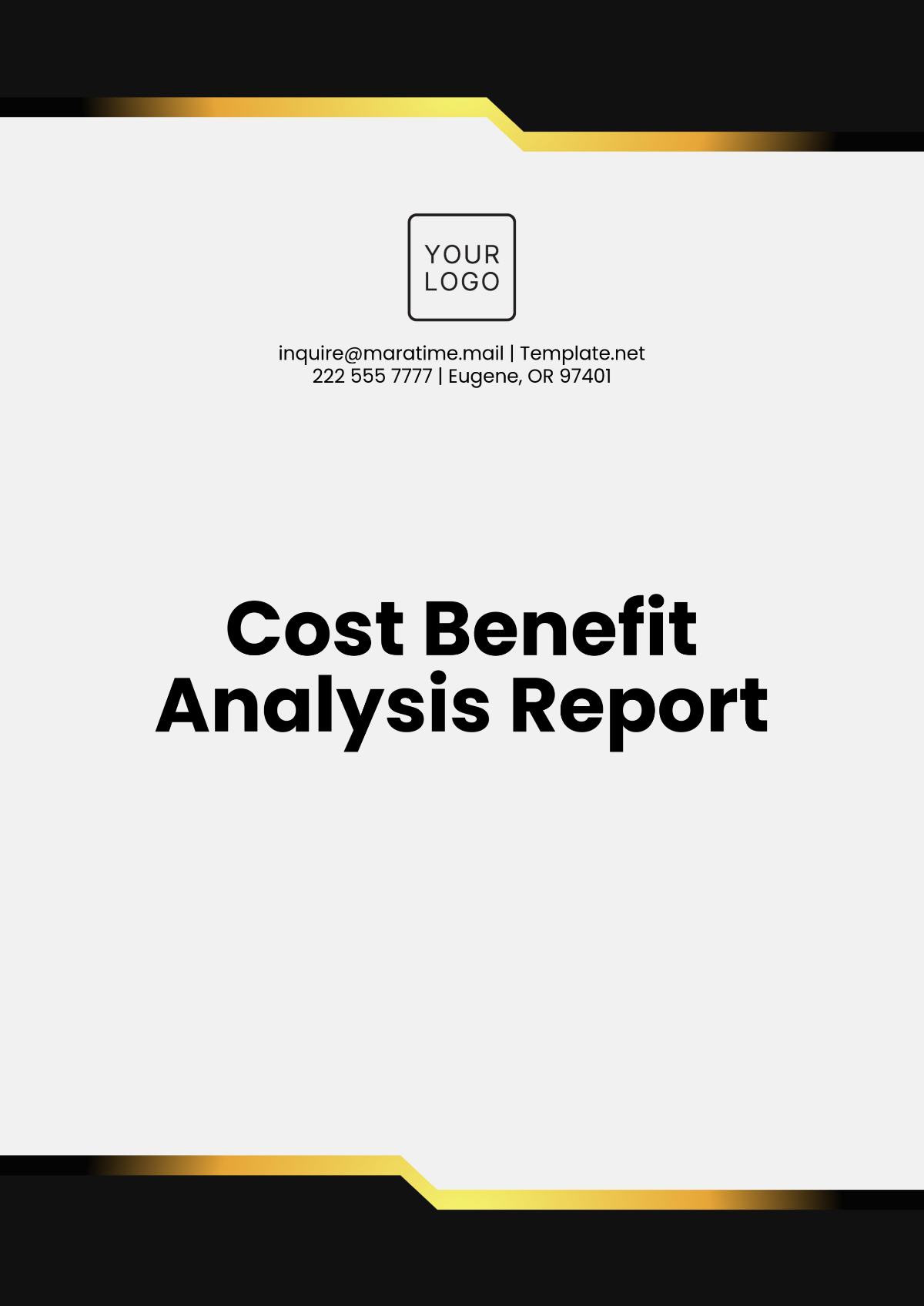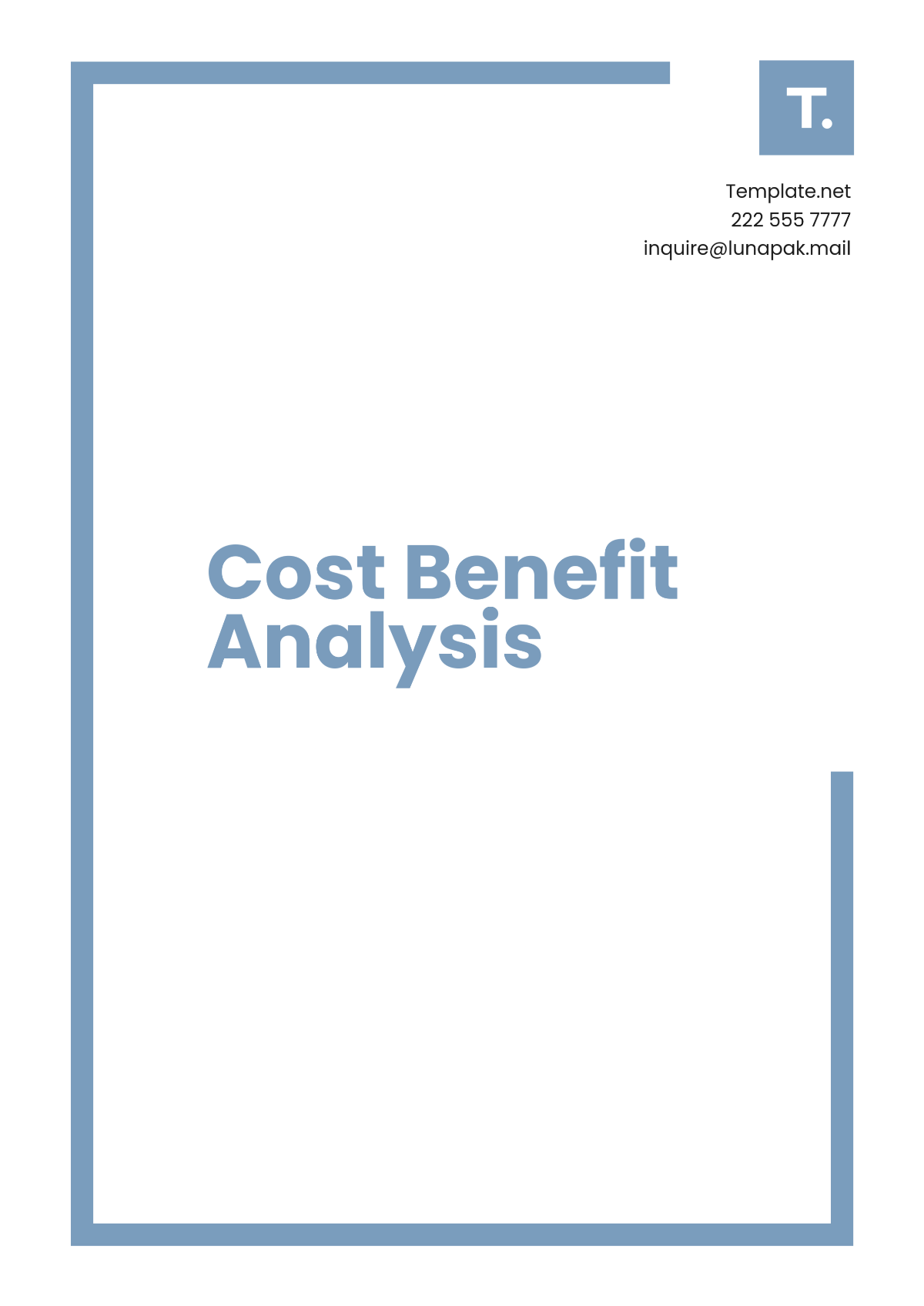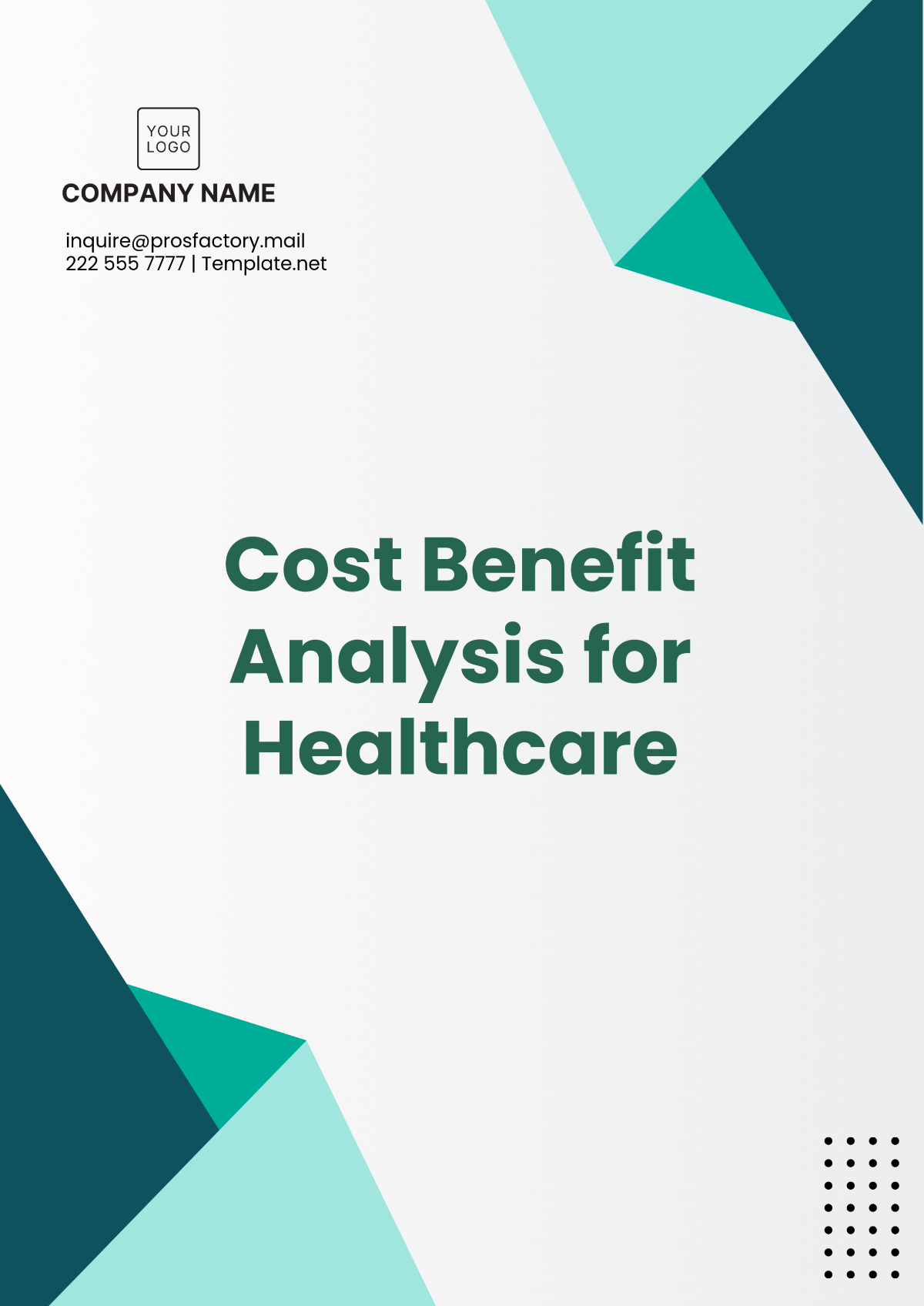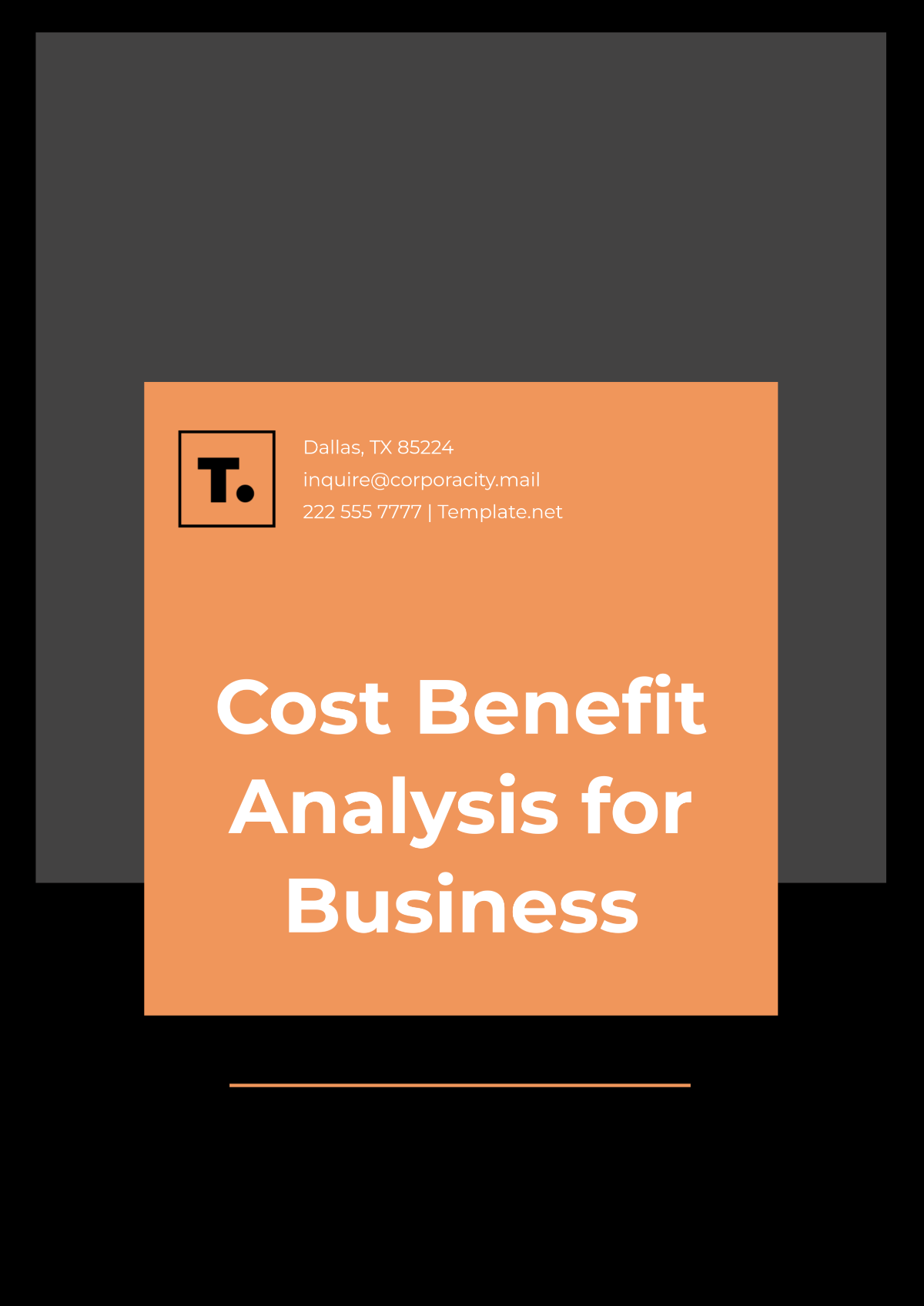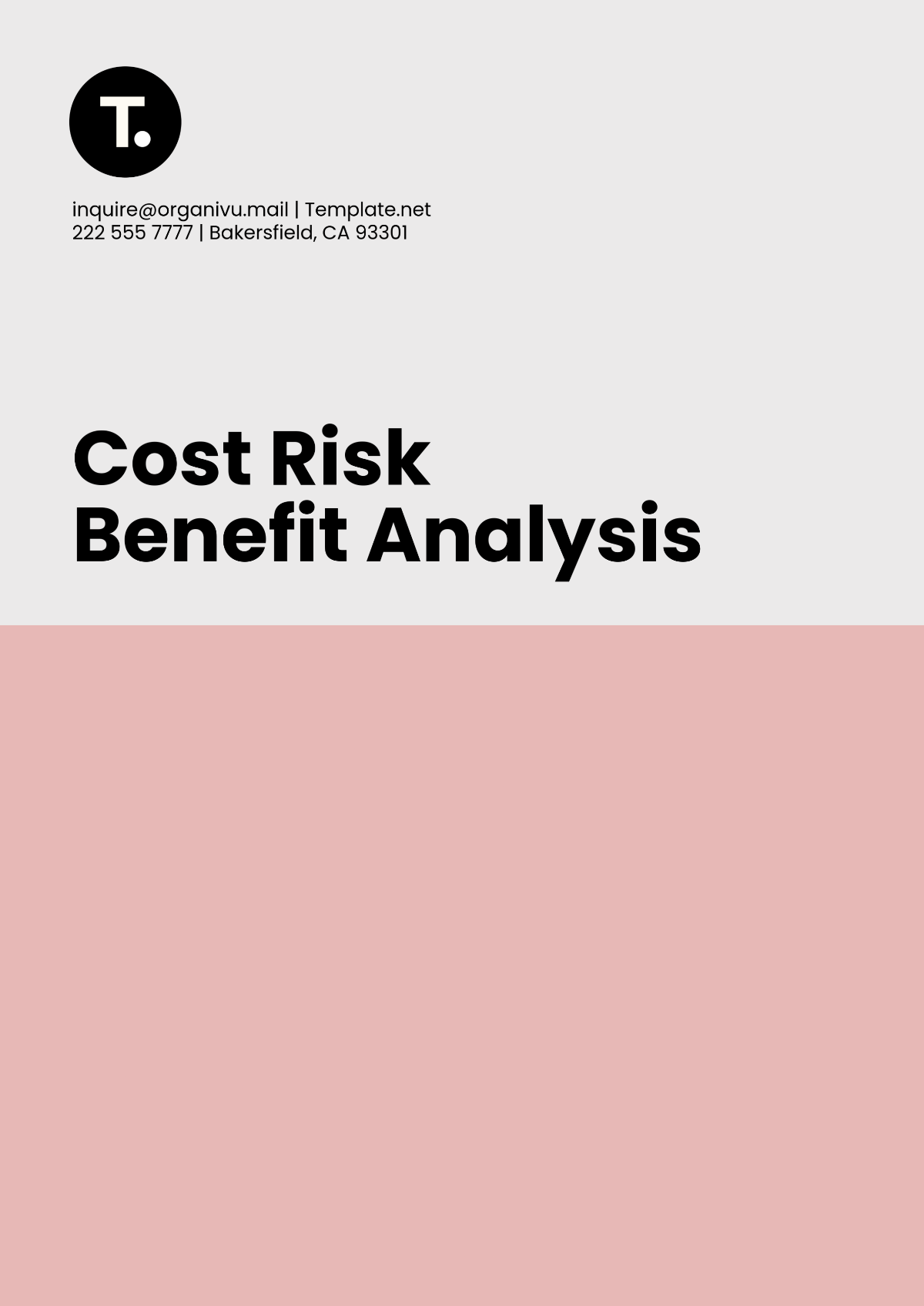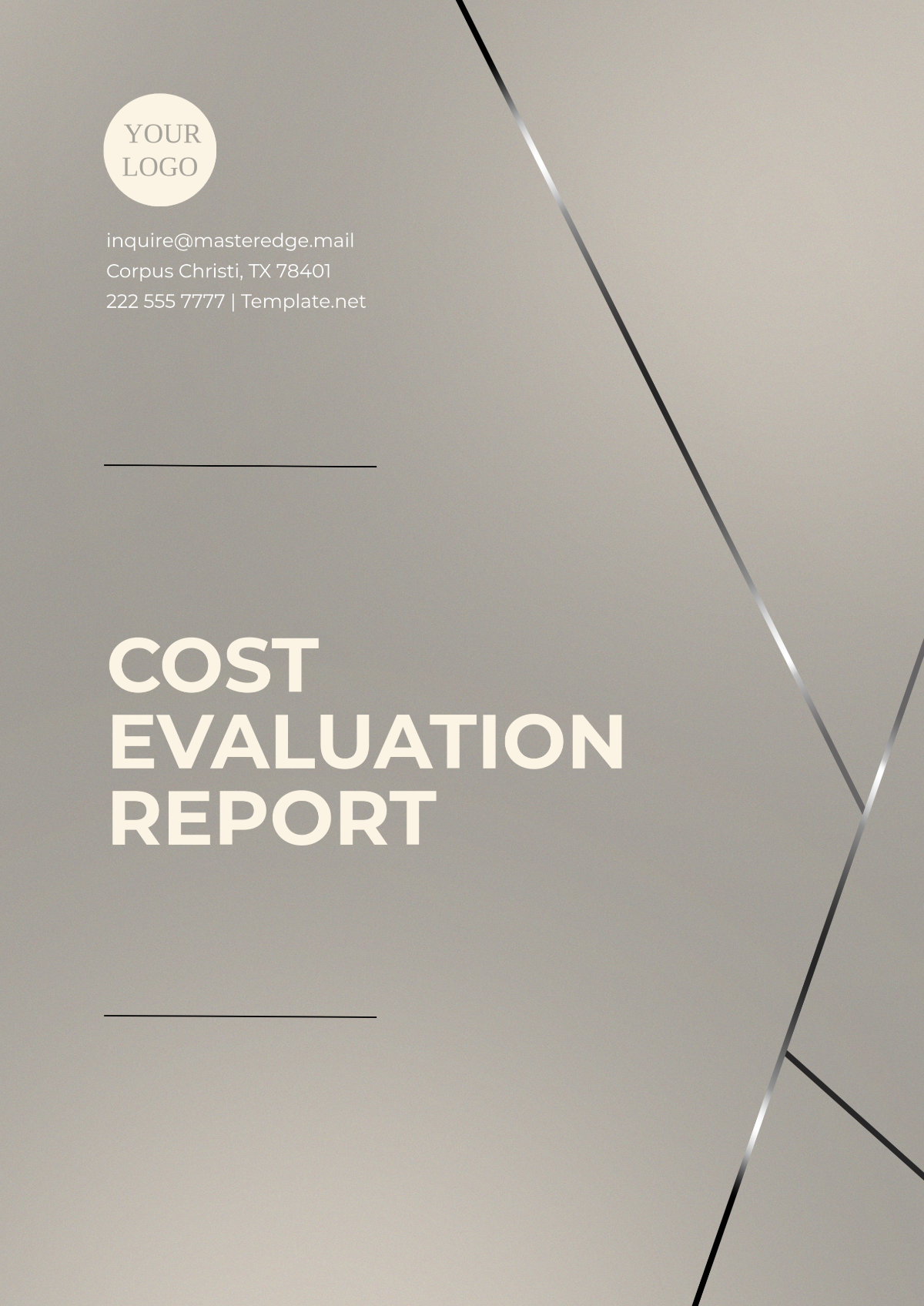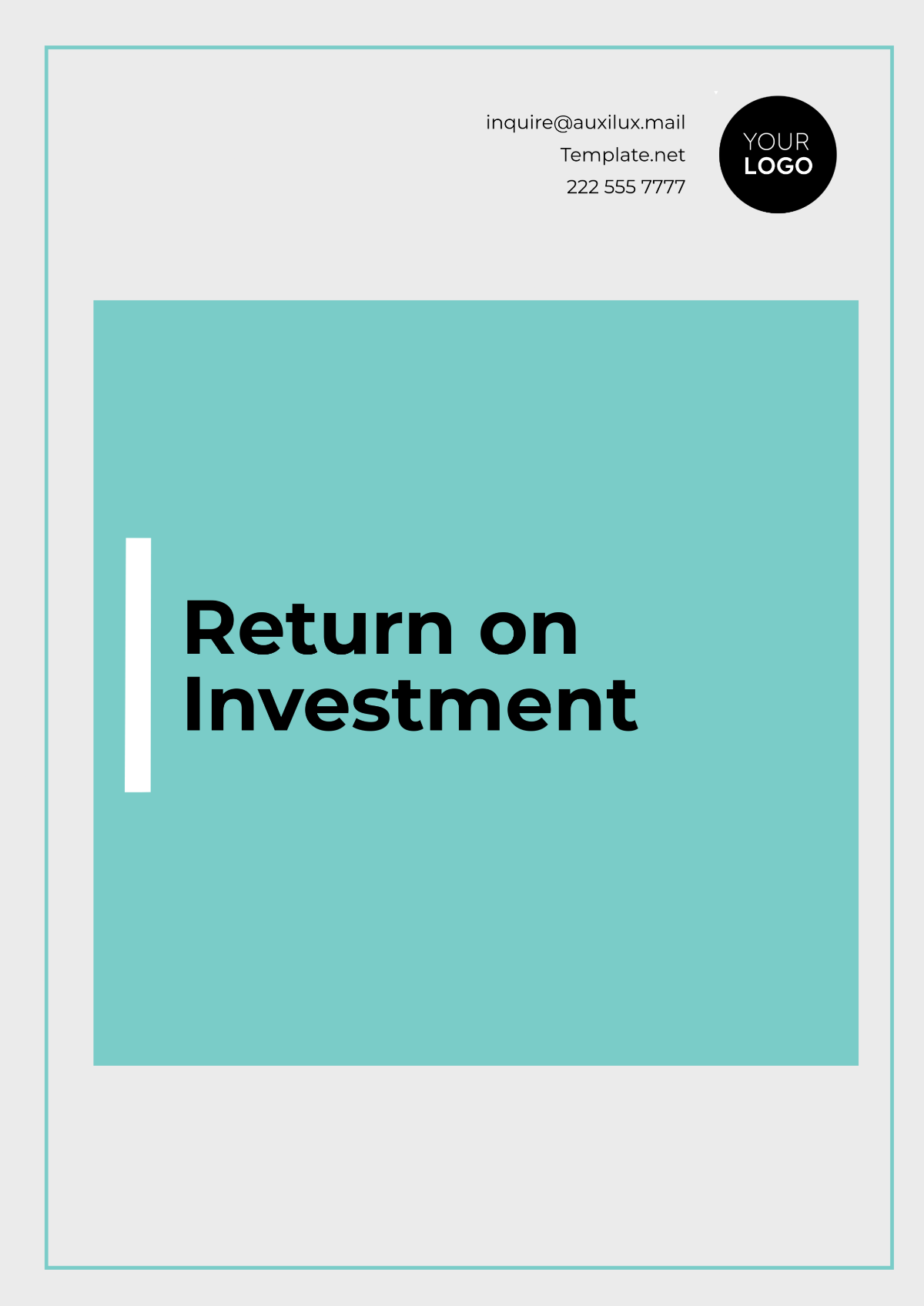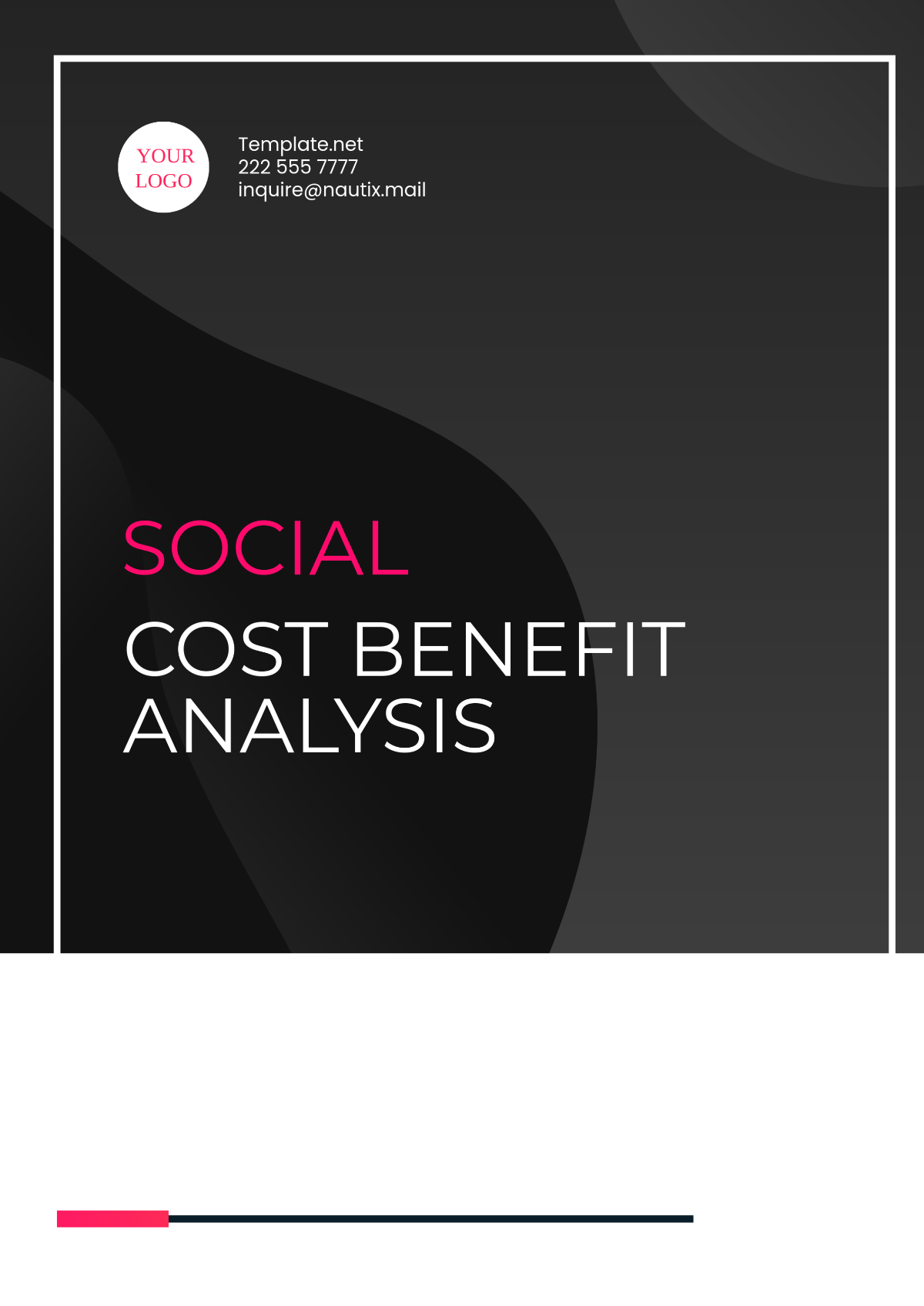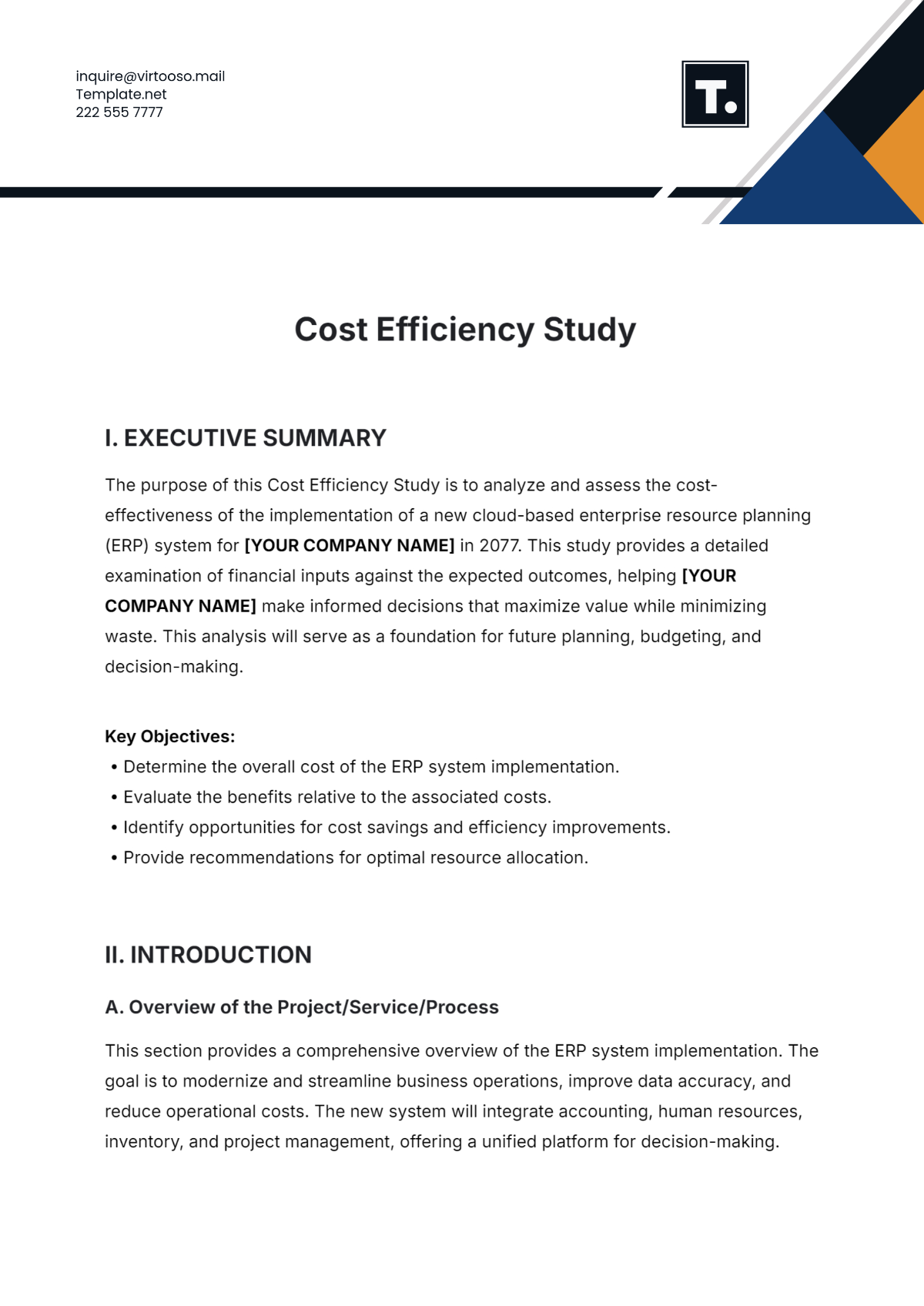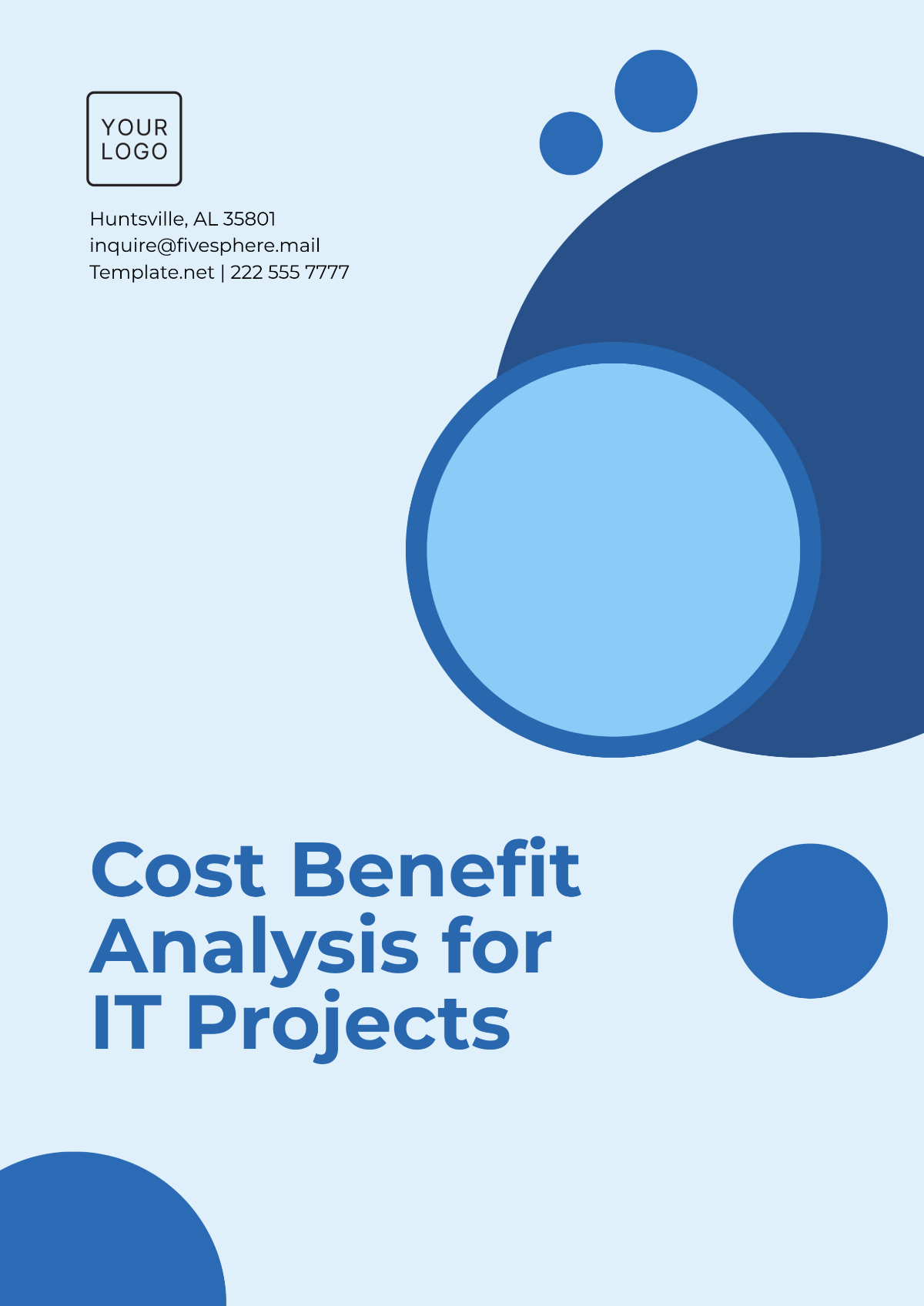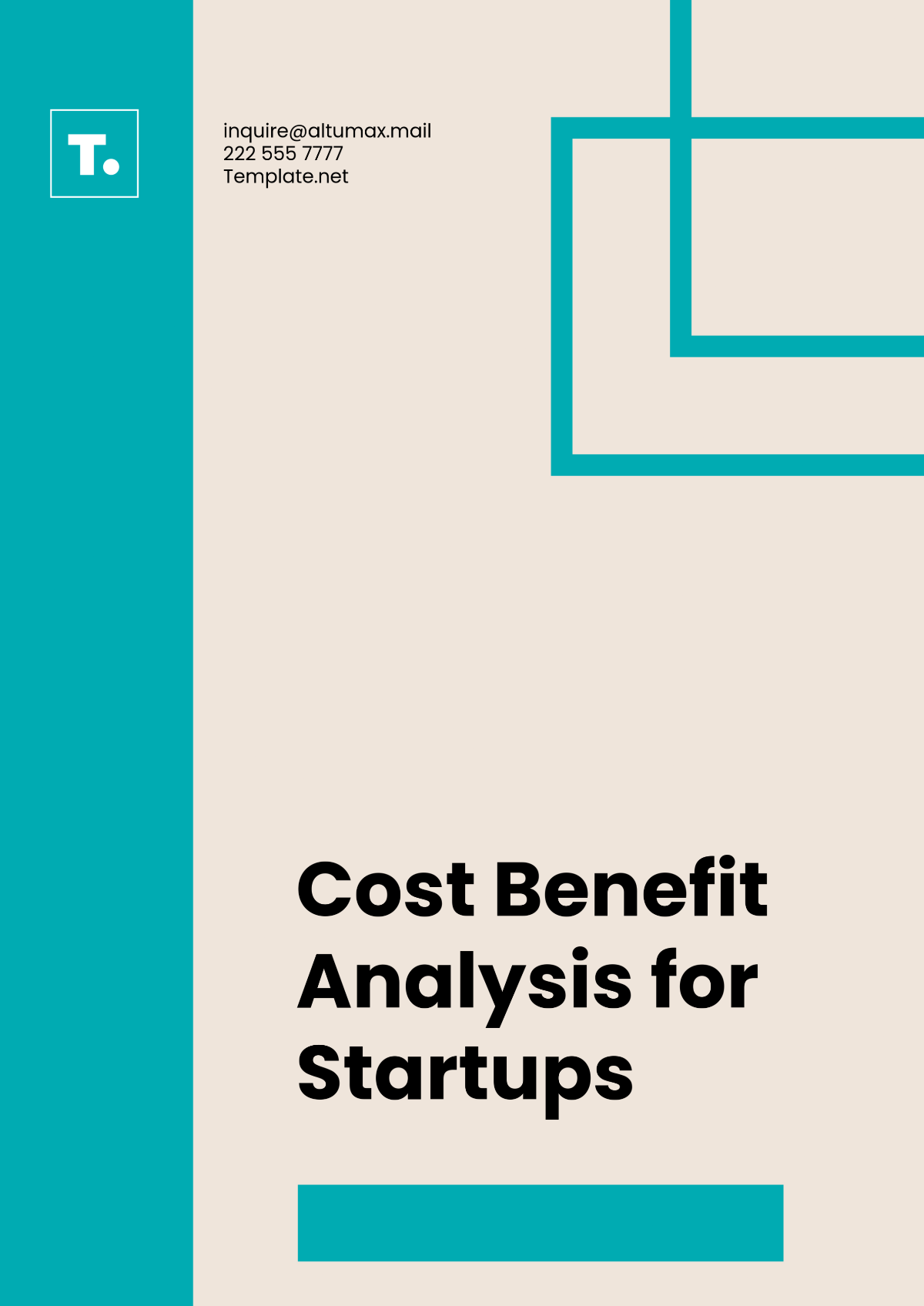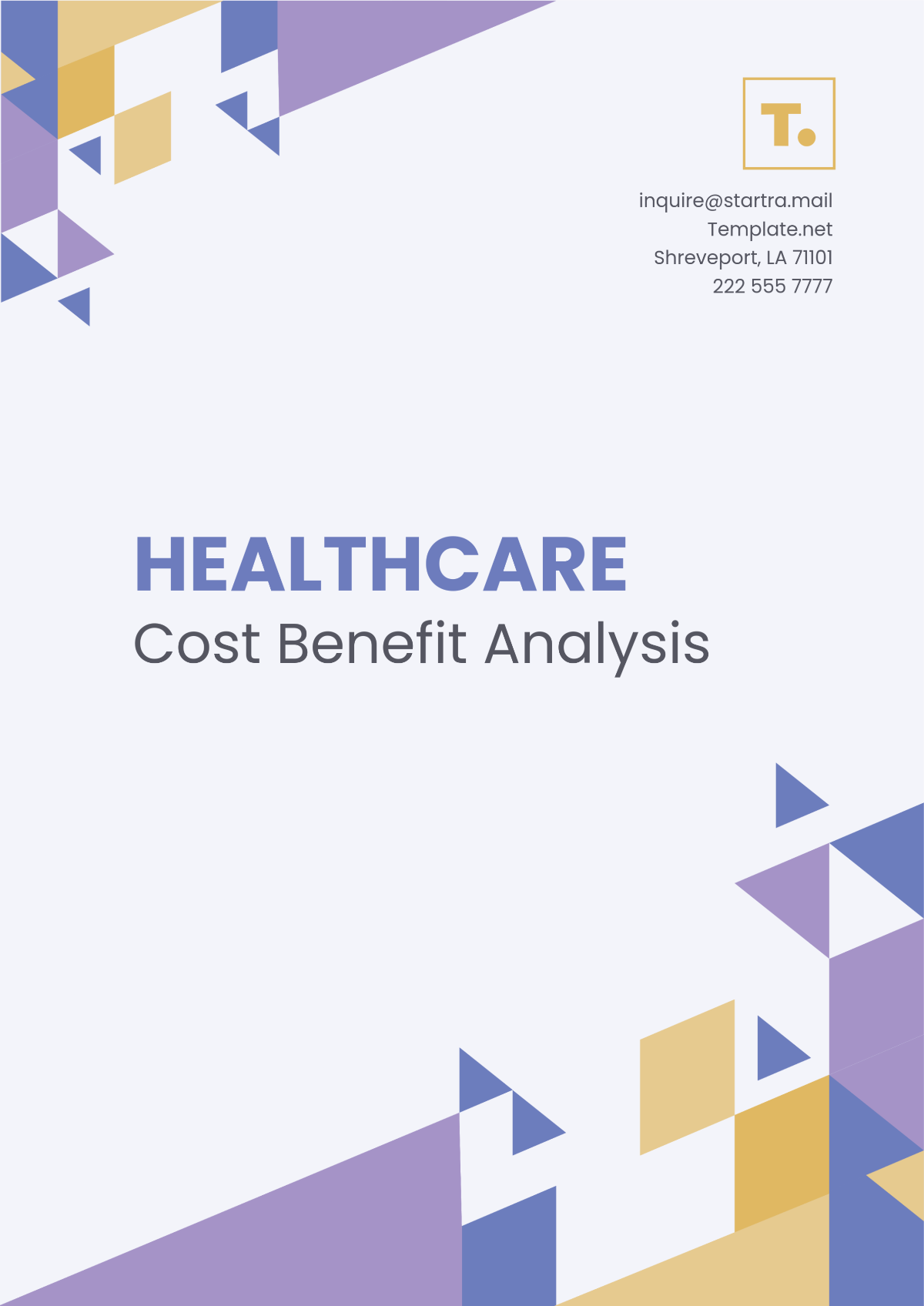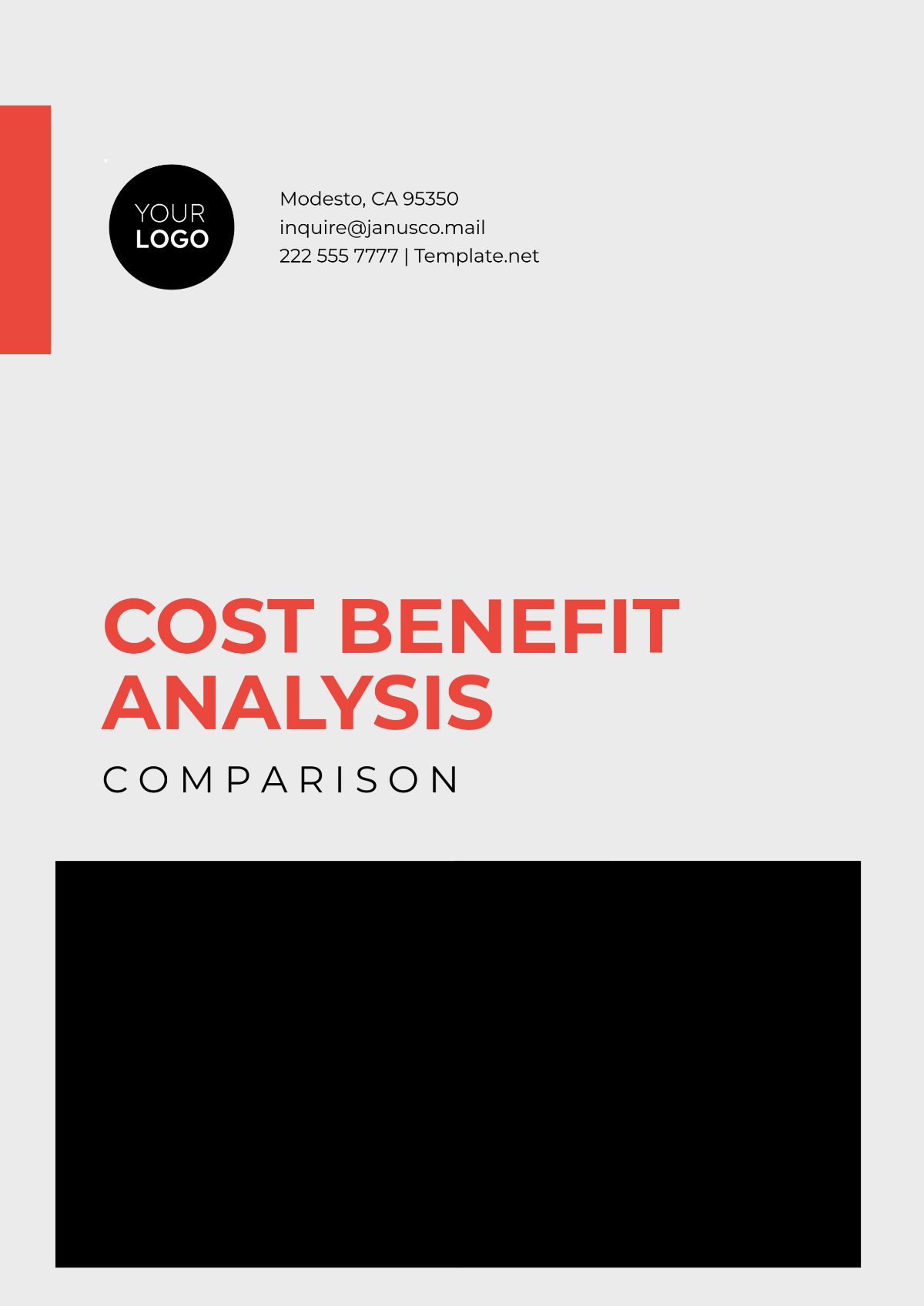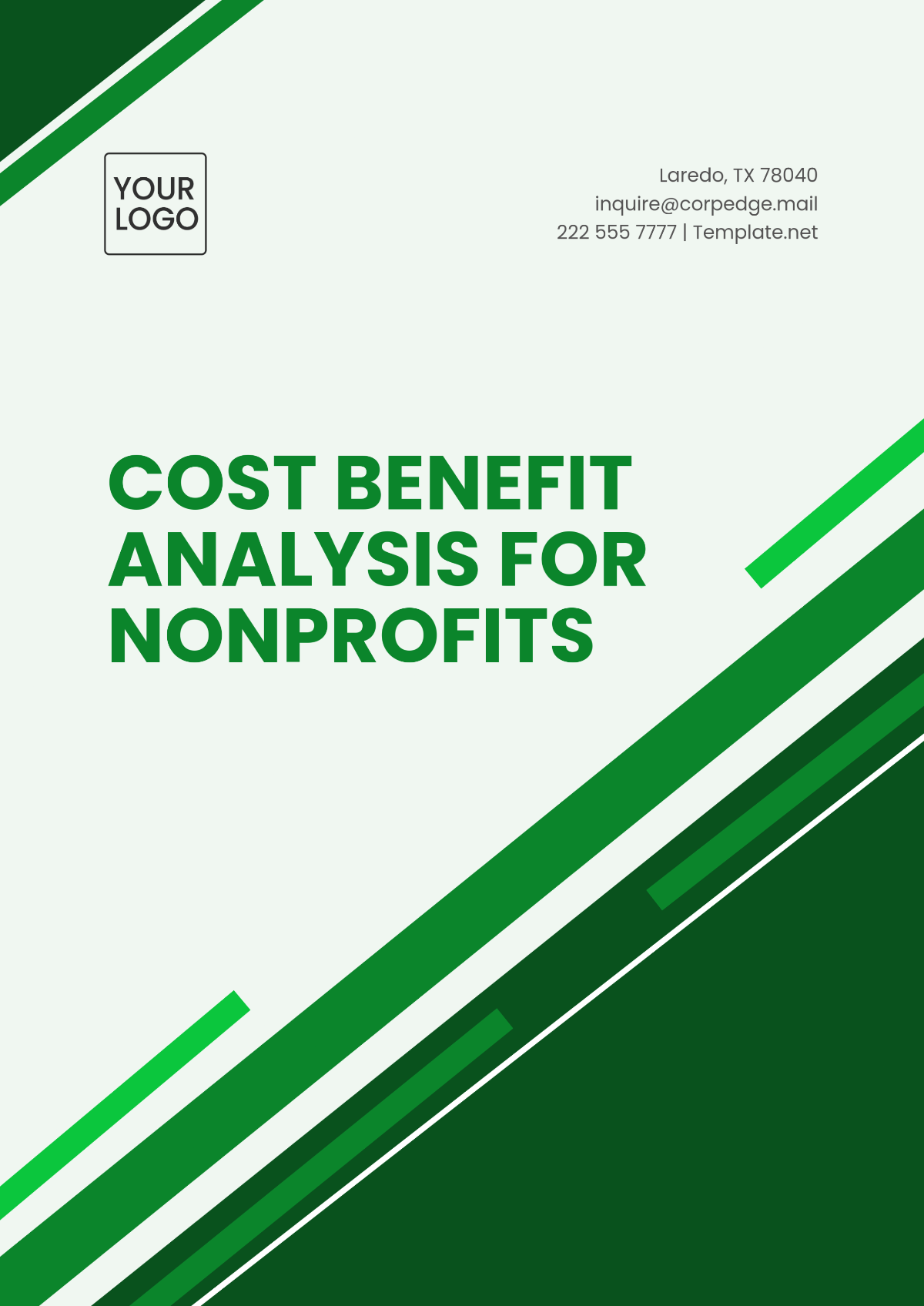Free Cost Benefit Analysis Comparison Template
Cost Benefit Analysis Comparison
I. Executive Summary
This Cost-Benefit Analysis (CBA) evaluates the financial and non-financial impacts of implementing an AI-driven Learning Management System (LMS). The analysis compares three alternatives:
Option 1: Purchase a pre-built LMS from a leading vendor.
Option 2: Develop a custom LMS in-house.
Option 3: Outsource the development and maintenance of the LMS.
The recommended solution is based on financial feasibility, implementation risks, and alignment with [YOUR COMPANY NAME]’s goals for efficiency and innovation.
II. Objectives
Quantify costs of each LMS solution, including short-term and long-term expenditures.
Evaluate benefits, such as increased operational efficiency and improved learner outcomes.
Recommend the best option based on net benefits and risk assessments.
III. Alternatives
Option 1: Pre-Built LMS
Description: Purchase a ready-made solution with ongoing support from a leading vendor.
Vendor: EduTech Solutions.
Option 2: Custom LMS Development
Description: Build a tailored LMS using internal development resources.
Timeline: 18 months for initial development.
Option 3: Outsourced LMS
Description: Contract an external company to develop and maintain a custom LMS.
Provider: GlobalEd Innovations.
IV. Costs
A. Direct Costs
Category | Option 1 | Option 2 | Option 3 |
|---|---|---|---|
Initial Licensing | $500,000 | N/A | $750,000 |
Development | N/A | $1,200,000 | $900,000 |
Annual Maintenance | $100,000 | $200,000 | $250,000 |
B. Indirect Costs
Option 1: Training staff: $50,000 annually.
Option 2: Staff workload adjustments during development: $150,000.
Option 3: Vendor management overhead: $100,000 annually.
C. Opportunity Costs
Option 1: Limited customization may reduce flexibility, estimated loss of $200,000 over 5 years.
Option 2: Delayed implementation may postpone benefits by 12 months, valued at $300,000.
Option 3: Dependency on vendor expertise, potential risk of $150,000.
V. Benefits
A. Tangible Benefits
Benefit Category | Option 1 | Option 2 | Option 3 |
|---|---|---|---|
Increased Revenue | $1,000,000/year | $1,200,000/year | $1,100,000/year |
Operational Efficiency | $200,000/year | $300,000/year | $250,000/year |
Learner Engagement Boost | $150,000/year | $200,000/year | $175,000/year |
B. Intangible Benefits
Option 1: Quick implementation with proven system reliability.
Option 2: Full customization ensures alignment with corporate culture.
Option 3: Continuous innovation and access to vendor expertise.
VI. Quantitative Analysis
A. Net Present Value (NPV)
Option | NPV (10 Years) |
|---|---|
Option 1 | $3,200,000 |
Option 2 | $4,000,000 |
Option 3 | $3,800,000 |
B. Return on Investment (ROI)
Option | ROI (%) |
|---|---|
Option 1 | 150% |
Option 2 | 170% |
Option 3 | 160% |
C. Payback Period
Option | Payback Period (Years) |
|---|---|
Option 1 | 4 Years |
Option 2 | 5 Years |
Option 3 | 4.5 Years |
VII. Qualitative Analysis
A. Risk Assessment
Option 1 Risks: Limited flexibility and reliance on vendor updates.
Option 2 Risks: Longer development time may result in higher costs and delays.
Option 3 Risks: High dependency on vendor continuity and expertise.
B. Strategic Alignment
Option 1: Supports operational goals with minimal disruption.
Option 2: Aligns perfectly with unique internal needs but requires substantial resources.
Option 3: Balances customization and operational support.
VIII. Conclusion and Recommendation
Recommended Option: It is best to use Option 2: Custom LMS Development
Rationale: While it has the highest upfront costs, this option provides the best long-term value, strategic alignment, and customization potential for [YOUR COMPANY NAME].
IX. Appendix
Detailed Calculation Tables: Include cost breakdown and benefit projections.
Assumptions:
Discount Rate: 5%
Revenue projections assume 10% annual growth.
Graphs and Charts: NPV and ROI visual comparisons.
